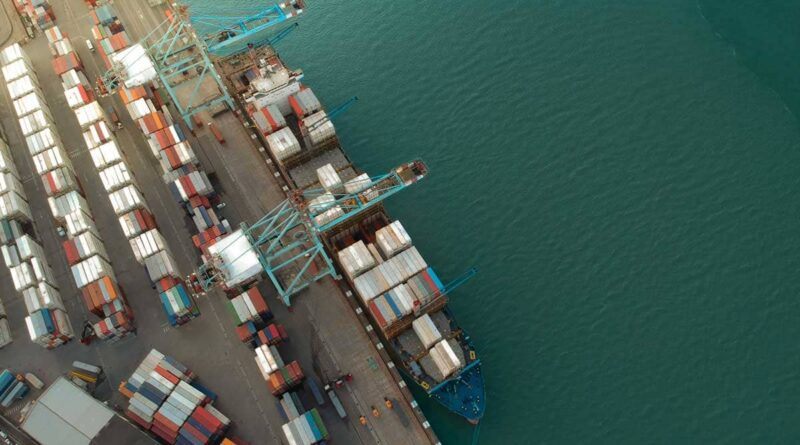U.S. blocks import of Chinese goods made with forced labor
The globalized world relies on complex supply chains, but what happens when those chains are tainted by human rights abuses? In recent years, concerns about forced labor practices in China, particularly in the Xinjiang region, have spurred the US to take a stronger stance. This article dives into the US efforts to block the import of goods potentially produced with forced labor in China.
The Uyghur Forced Labor Prevention Act: Shining a Light on Xinjiang
The Uyghur Forced Labor Prevention Act (UFLPA), signed into law by President Biden in December 2021, marked a significant shift in US policy. The legislation specifically targets forced labor practices in Xinjiang, a northwestern region of China where Uyghurs, a Muslim ethnic minority, face repression and human rights abuses.
Why Xinjiang? The region is a major producer of cotton, tomatoes, and other goods. However, there have been documented instances of Uyghurs being subjected to forced labor in these industries. Reports allege mass detentions, re-education camps, and coerced labor transfers, raising serious concerns about the ethical production of goods originating from Xinjiang.
Presumption of Forced Labor: Shifting the Burden of Proof
The UFLPA flips the script on how forced labor is addressed in imports. Traditionally, the onus fell on US authorities to prove goods were made with forced labor. This could be a lengthy and challenging process.
The UFLPA changes the game by implementing a presumption of forced labor. This means that any goods produced entirely or partially in Xinjiang, or by entities on a UFLPA blacklist, are presumed to be made with forced labor. The burden of proof now falls on importers to demonstrate that their goods were demonstrably not produced with forced labor.
This shift is significant. It places pressure on companies to ensure their supply chains are clean and strengthens the US government’s ability to combat forced labor practices.
How Does it Work in Practice?
UFLPA Enforcement: The Department of Homeland Security (DHS) is tasked with enforcing the UFLPA. US Customs and Border Protection (CBP) plays a crucial role by screening imports for potential forced labor connections.
Blacklist Blues: Companies and entities suspected of using forced labor can be added to a UFLPA Entity List. This essentially creates a red flag for CBP, who will then scrutinize any imports potentially linked to these blacklisted entities.
Importers on the Hot Seat: Importers are responsible for proving their goods are not tainted by forced labor. This requires robust due diligence within their supply chains. Companies must be able to demonstrate the origin of their materials, production processes, and labor practices throughout the chain.
The UFLPA doesn’t make things easy for importers. They may need to conduct audits, collect certifications, and implement traceability measures to satisfy CBP. Failure to do so can result in detained shipments and potential financial penalties.
The Ripple Effect: Beyond US Borders
The UFLPA is not just a US domestic issue. It has a ripple effect on the global market. Companies that want to do business in the US must now grapple with the forced labor concerns in Xinjiang. This incentivizes businesses to be more transparent and accountable for their supply chains.
A Global Conversation: The UFLPA has sparked a global conversation about forced labor and supply chain ethics. Other countries are starting to implement similar legislation, putting pressure on China to address the concerns surrounding Xinjiang.
Challenges and Considerations: The UFLPA is not without its challenges. Verifying clean supply chains can be complex, and there are concerns that some companies may struggle to comply. Additionally, the act has strained relations between the US and China.
The Future of Forced Labor Policy: Despite the challenges, the UFLPA represents a significant step forward for human rights and ethical sourcing practices. As this policy continues to evolve, we can expect further debate, adjustments, and international cooperation in the fight against forced labor.

Did You Know? According to a report by the Australian Strategic Policy Institute, as many as one million Uyghurs may be detained in Xinjiang. This has raised international alarm about the potential scale of forced labor practices in the region.
– Cheyenne George
The fight against forced labor is a complex and ongoing battle. The UFLPA is a powerful tool in the US arsenal, but it’s just one piece of the puzzle. Continued vigilance, international cooperation, and a commitment to ethical sourcing practices are all necessary to ensure clean supply chains and respect for human rights.

